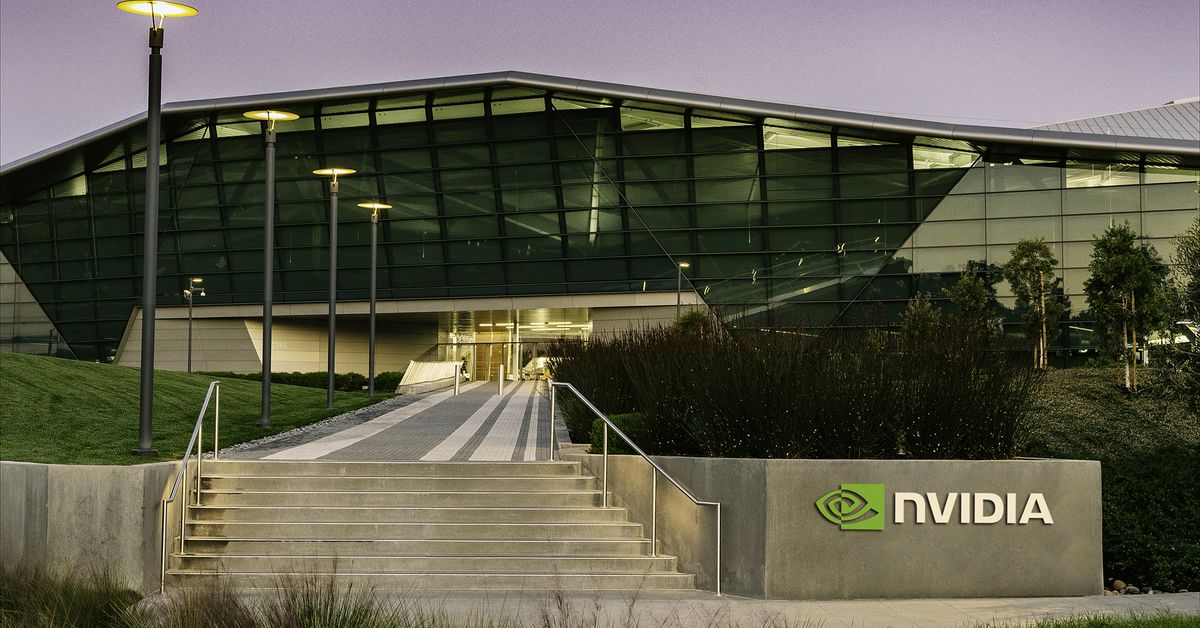
Remember when Nvidia’s CEO warned yesterday that buying Arm might take “longer than initially thought,” but that it was no big deal and “not one particular delay”? It sure sounds like a big deal as of today: on Friday, the UK’s Competition and Markets Authority (CMA) has recommended a Phase 2 investigation, because it’s worried that Nvidia would be incentivized to stifle innovation.
“We’re concerned that NVIDIA controlling Arm could create real problems for NVIDIA’s rivals by limiting their access to key technologies, and ultimately stifling innovation across a number of important and growing markets. This could end up with consumers missing out on new products, or prices going up,” writes CMA chief executive Andrea Coscelli, in a press release.
While the CMA’s full report isn’t available yet, it does offer an executive summary that explains some of the reasons for concern:
1.7 The CMA found significant competition concerns as a result of the effect of such foreclosure in the supply of CPUs, interconnect products, GPUs, and SoCs across several global markets, spanning the datacentre, internet-of-things, automotive and gaming console applications.
1.8. The CMA found that the foreclosure strategies identified would reinforce each other and would, individually and cumulatively, lead to a realistic prospect of a substantial lessening of competition (SLC), and consequently to a stifling of innovation, and more expensive or lower quality products.
“The CMA believes that the Merger may create incentives to change Arm’s business model to favour NVIDIA,” one passage reads.
While the CMA notes that Nvidia offered to “ensure an open licensing regime, based on equal access and interoperability,” the regulator suggested that it doesn’t believe that would be enough. Even if Nvidia agreed to sell off some of Arm’s intellectual property, that wouldn’t be enough without a deeper investigation, the CMA says, given how complex the licensing arrangements can be.
The British government announced in April that it was also worried about national security implications and ordered the CMA to investigate those as well, but the executive summary doesn’t offer any conclusions there. If there had been any, they might have pushed the CMA to move to a phase two investigation — but it sounds like that’s what’s happening regardless. The investigation now gets referred back to the UK’s Secretary of State to decide “whether the merger should be referred for an in-depth Phase 2 investigation on both competition and national security grounds, or if it should be passed back to the CMA to investigate on competition grounds only.”
As my colleague James Vincent wrote yesterday, the UK isn’t the only regulator interested in this deal, and Nvidia currently has until 2022 to clear the purchase with those regulators.
https://news.google.com/__i/rss/rd/articles/CBMiYGh0dHBzOi8vd3d3LnRoZXZlcmdlLmNvbS8yMDIxLzgvMjAvMjI2MzQzNzkvbnZpZGlhLWFybS1hcXVpc2l0aW9uLWRlbGF5LXVrLXBoYXNlLTItaW52ZXN0aWdhdGlvbtIBbWh0dHBzOi8vd3d3LnRoZXZlcmdlLmNvbS9wbGF0Zm9ybS9hbXAvMjAyMS84LzIwLzIyNjM0Mzc5L252aWRpYS1hcm0tYXF1aXNpdGlvbi1kZWxheS11ay1waGFzZS0yLWludmVzdGlnYXRpb24?oc=5
2021-08-20 19:01:24Z
52781819306978
Tidak ada komentar:
Posting Komentar